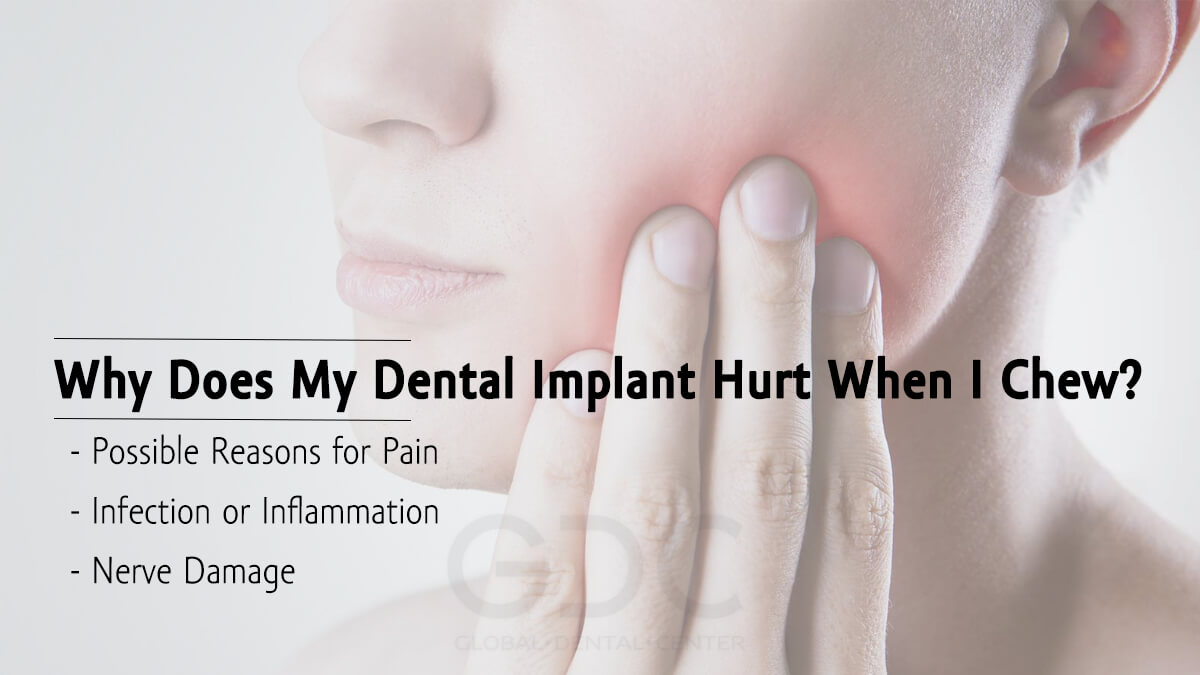
Dental implants have changed the field of dentistry by making it possible to replace lost teeth in a safe way. Most people think of dental implants as a long-lasting and good choice, but some people may feel pain or discomfort when they chew after getting one. If you are one of the people who don’t know why your dental implant hurts when you chew, let’s talk about what could be going on and what you could do about it.
Possible Reasons for Pain
Osseointegration Process
Through a process called osseointegration, dental implants are made to become a part of the jawbone. During this time, the implant slowly bonds with the bone around it, making a stable base for the replacement tooth. During the osseointegration process, however, some people may feel brief pain or soreness. As the implant fully fuses and heals, this pain should go away.
Infection or Inflammation
In rare cases, there can be an infection or redness around the dental implant, which can make it uncomfortable or painful to chew. This can happen because of bad mouth health, not getting enough care after surgery, or other things. If you think you might have an illness, you need to see your dentist right away for a checkup and the right treatment.
Improper Bite Alignment
If a dental implant is not in the right place, it can be put under too much stress. This can make eating painful or uncomfortable. Misalignment of the bite can happen for a number of reasons, such as when the implant is not placed correctly or when the teeth around it change over time. Your dentist can look at how you bite and make any changes that are needed to make you feel better.
Overloading or Overuse
Like real teeth, dental implants have their limits. Overloading or putting too much pressure on the implant can put stress on the bone and muscles around it, which can cause pain or soreness. This can happen if you eat hard or tough foods, grind your teeth, or clench your mouth too much. Your doctor may suggest that you change what you eat or wear a nightguard to protect the implant from too much force.
Nerve Damage
Nerve damage during the process to put in an implant is rare, but it can cause pain or sensitivity that won’t go away. This can happen if the surgery hurts the nerves in the jawbone. If you think nerve damage is the cause of your pain, you should see your doctor right away so he or she can assess the situation and help you decide how to treat it.
Seeking Solutions
If your dental implant hurts when you chew, you need to fix the problem right away to avoid more problems and get your mouth health back on track. Here are some possible solutions:
Consult Your Dentist
The first thing you need to do is make an appointment with your doctor. They will do a full check to figure out what is causing the pain and come up with a treatment plan that is right for your case.
Practice Good Oral Hygiene
Keeping up with good mouth health is important for avoiding illness and helping the body heal. Your doctor will tell you to brush your teeth twice a day, floss often, and use an antibacterial mouthwash.
Modify Your Diet
If your dental implant hurts too much when you chew, it might help to stop eating hard, sticky, or tough foods for a while. Choose choices that are soft and easy to chew to put less stress on the implant and the structures around it.
Use a Nightguard
If you tend to grind your teeth or clench your mouth while you sleep, your dentist may suggest that you get a special nightguard to protect your dental implant. This can help ease pain brought on by too much force.
Infections or Inflammation
If there is an illness or pain, your dentist may give you medicines or suggest a deep cleaning to get rid of germs and help the body heal.
Final Thought
It can be worrying to feel pain or soreness when you chew after getting a dental implant. But the problem can be fixed if you know what might be causing it and get treatment right away. Don’t forget to talk to your dentist to get an accurate evaluation and answers that fit your needs. With the right care, dental implants can give you a smile that feels good and works well for many years.
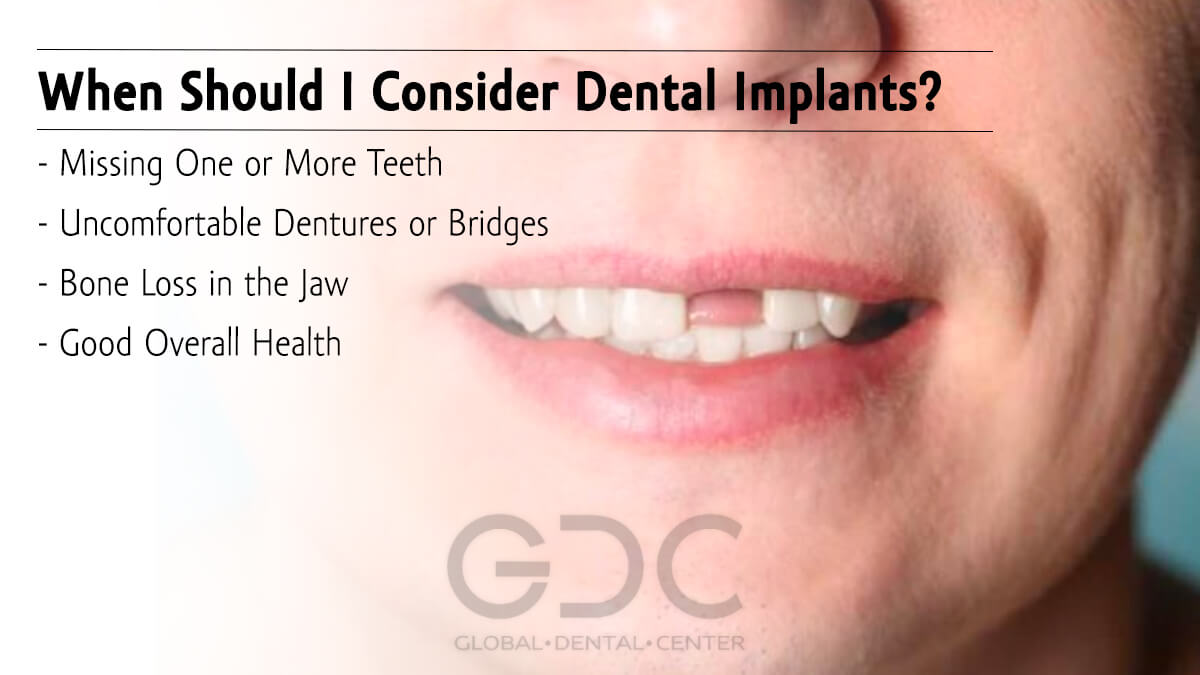
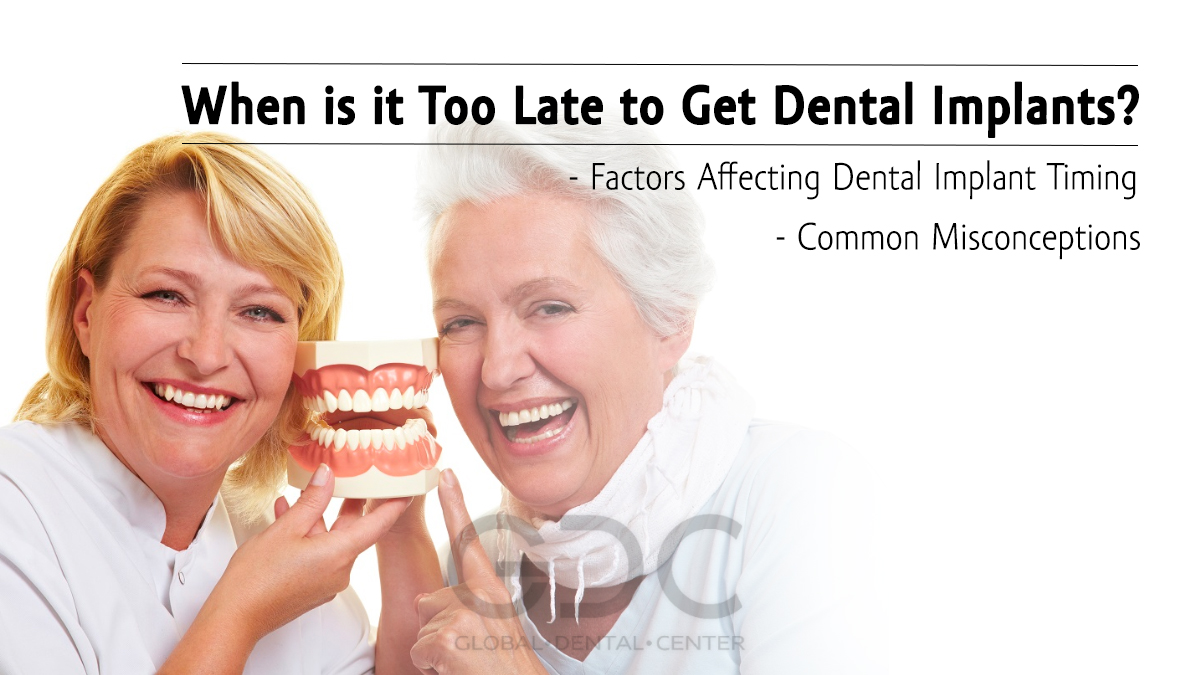

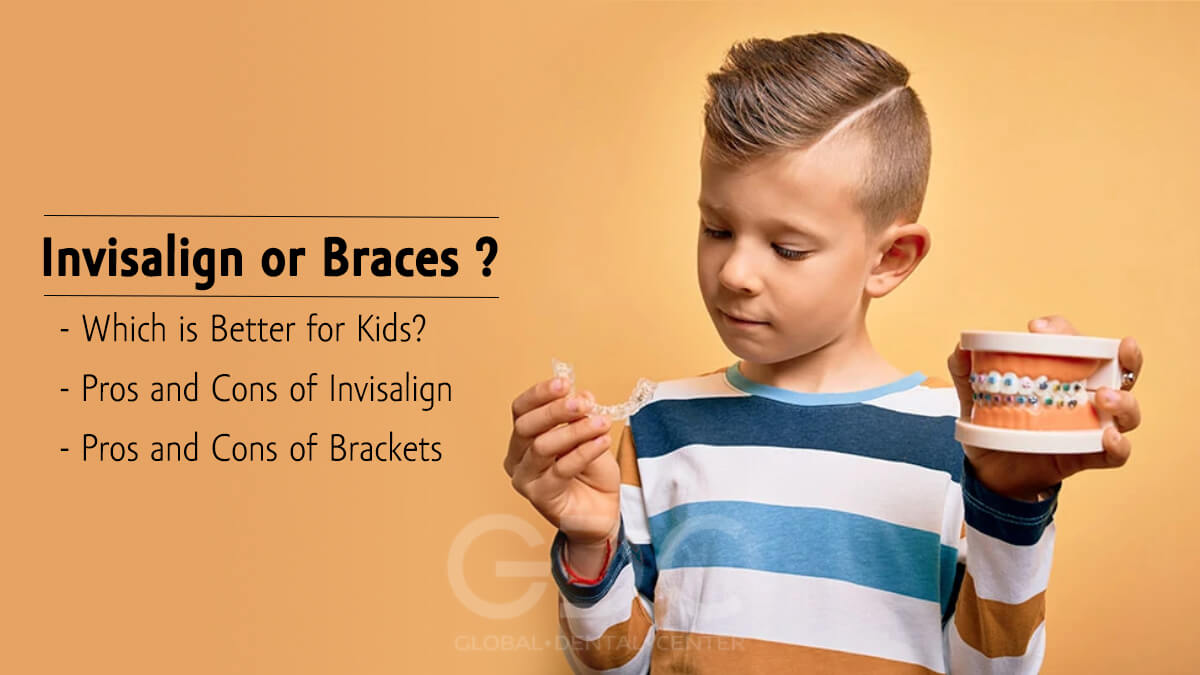
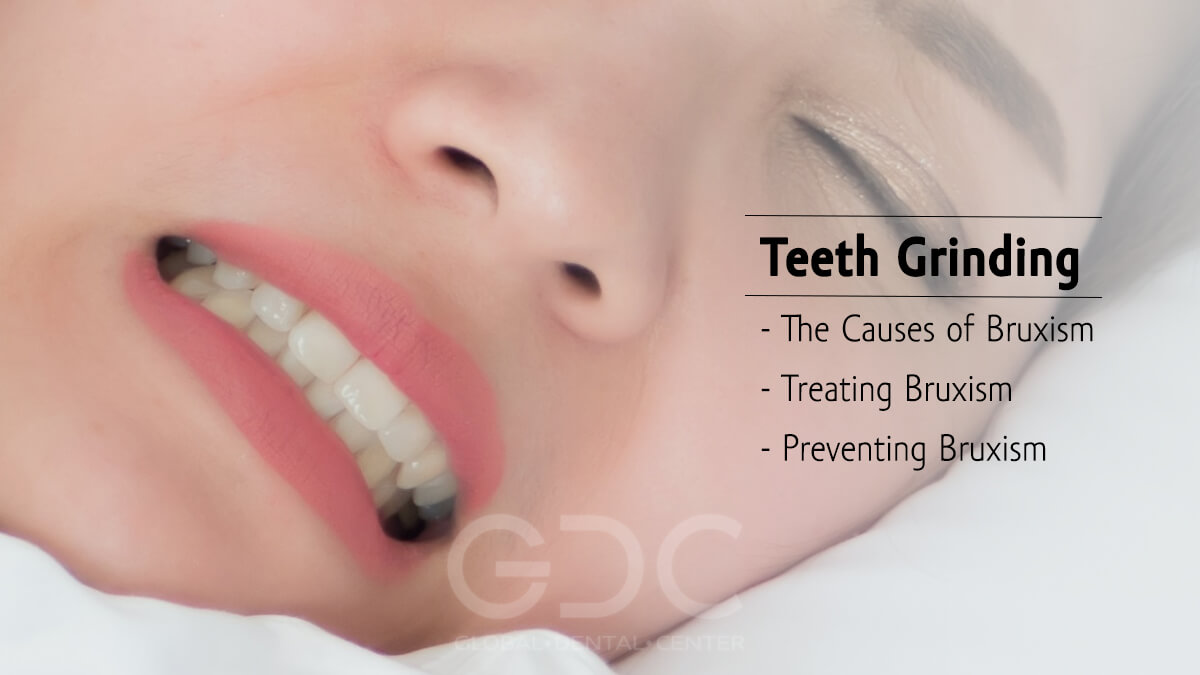
Free Consultation Form